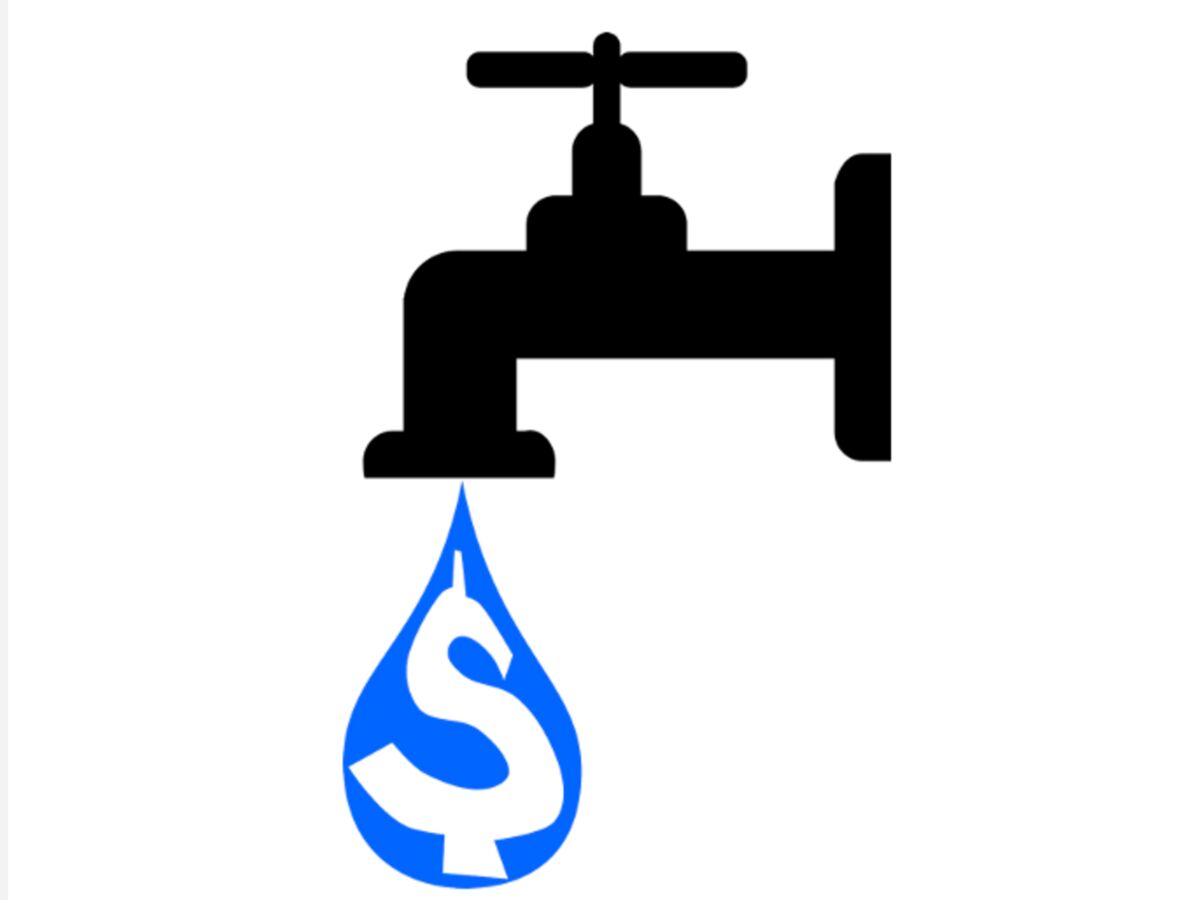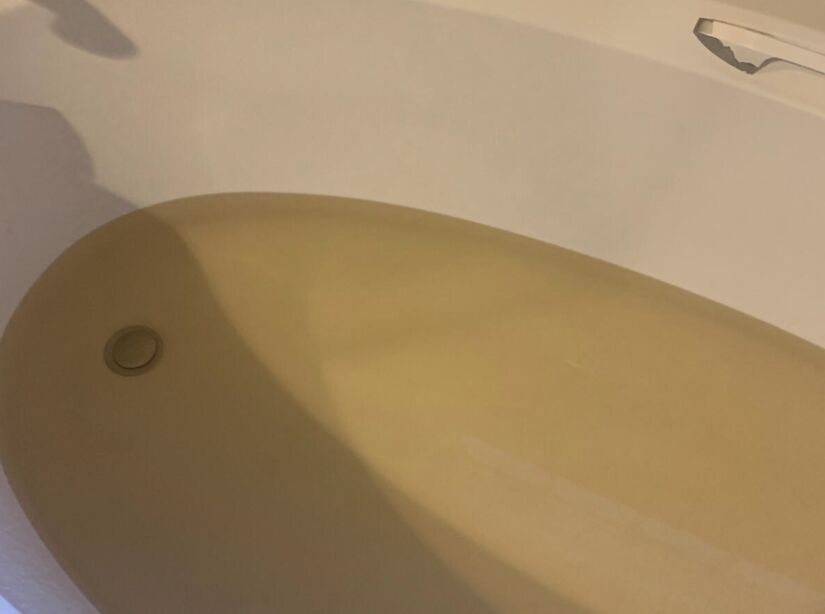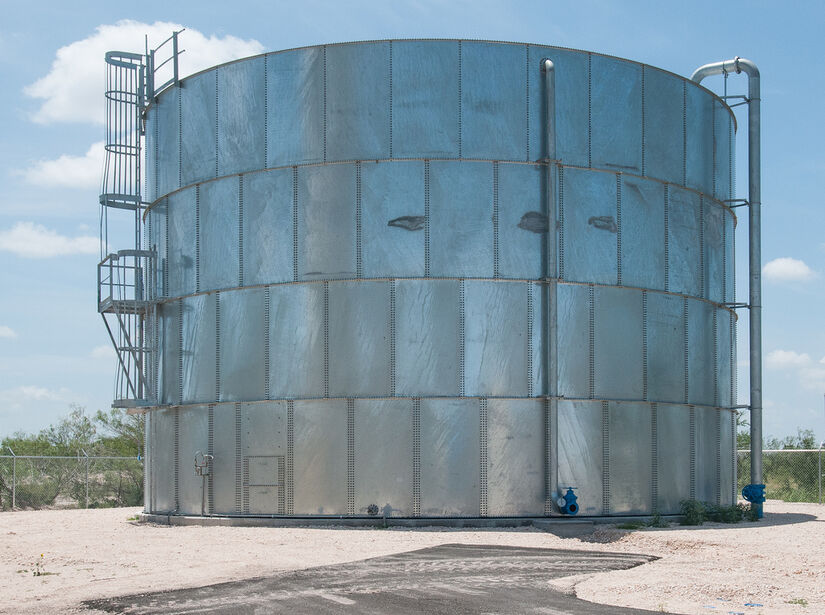Image


Image by OpenClipart-Vectors from Pixabay
Following a customer question during last week's meeting of the Dover Board of Selectmen, regarding whether Colonial Water Company will issue reimbursements for purchased drinking water expenses of customers affected by discolored water, the company has responded in the affirmative.
The customer's request for a reimbursement was submitted as a written question, "[Can] Colonial Water be encouraged to reimburse affected customers for their expenses purchasing drinking water during this prolonged and unfortunate episode?"
Mr. John Jeffries, Chair of the Dover Board of Selectmen, read the question out loud to the company and those in attendance at the remotely held meeting.
In an announcement posted on its website dated August 23, 2021, Colonial Water Company stated that customers recently affected by discolored water can receive reimbursements. The reimbursements are capped at $20 per week and apply to water purchases made after June 19, 2021. To receive reimbursement, residents should complete a simple reimbursement form available on the company’s website.
Also in attendance at last week's meeting were Representative Denise Garlick and representatives from both Colonial Water Company and Massachusetts Department of Environmental Protection. They had gathered to inform Colonial Water's Dover customers of the steps taken to address the widespread complaints of discolored household water.
In her introductory remarks, Rep. Garlick referred to MassDEP's finding that Colonial Water is "technically deficient." While Rep. Garlick emphasized that no bacterial contamination was found in the current investigation into the discolored water, she also noted that last summer, discolored water preceded a finding of E.coli contamination in the Colonial Water system.
 Photo by Margaret Duggan. This photo shows brownish water against the white backdrop of a Dover resident's bathtub.
Photo by Margaret Duggan. This photo shows brownish water against the white backdrop of a Dover resident's bathtub.Rep. Garlick stated a need for accountability, concluding, "I can think of almost no other issue as vital to a family's health as clean, clear, drinking water."
Mr. Eric Worrell, Regional Director of the Northeast Regional Office of MassDEP, also recalled that these parties had come together around this time last year. Last year, E.coli bacteria was detected in Colonial Water's Francis Street wells serving Dover customers.
Mr. Worrell noted that MassDEP has since required Colonial Water to chlorinate its water to such a degree that even if bacteria exists in the water, any water reaching customers will be disinfected. Mr. Worrell's statement may provide a possible explanation as to why some customers have complained that their water has a strong odor of chlorine at times.
While acknowledging the current discoloration problem, Mr. Worrell stated that Colonial Water has been responsive and has complied with every requirement that MassDEP has imposed in a corrective action plan (CAP).
In another written question that Mr. Jeffries read aloud, a resident asked why MassDEP has not fined Colonial Water and forced it to provide bottled water to affected residents. Mr. Worrell responded that the discolored water has not violated any primary drinking water regulation.
"We can only enforce laws that people violate," Mr. Worrell explained.
Mr. Bob Gallo described actions being taken by Colonial Water in its CAP and also described "additional corrective actions" of cleaning and/or redeveloping Francis Street Wells A, B, and C. Cleaning and redeveloping the wells is not part of the MassDEP-imposed CAP.
The company also discussed a "long-term" plan of retaining an independent third party professional engineer. The engineer would conduct a comprehensive assessment. These both are steps that the CAP currently requires.
A professional engineer's assessment could consider whether additional water storage would provide more pressure for aggressive flushing. It would look at the hydraulics of the system, whether additional chemicals are needed, and investigate filtration treatment at the wells.
 Photo by U.S. Department of Agriculture on Flickr. Picture of a water storage tank.
Photo by U.S. Department of Agriculture on Flickr. Picture of a water storage tank.Regarding a timeline for improvements, Mr. Gallo estimated that Colonial Water would gather data for a consultant by Monday, August 21, 2021. Work could start in 6 weeks, after the consultant's assessment and permitting. He also noted that relief may come sooner with cooler weather and reduced irrigation. The company believes demand has been a contributor to the discolored water.
Mr. Jeffries similarly acknowledged that increased water use could be a factor. He stated that the square footage of newer home construction has increased as much as four times compared to the size of the average Dover home fifteen or twenty years ago.